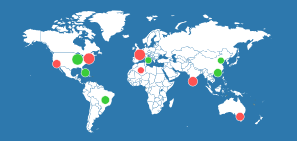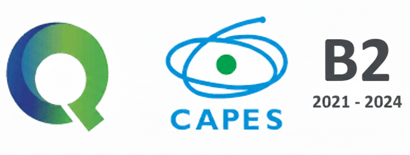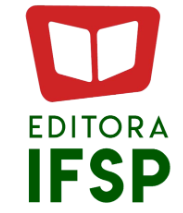Degradation Analyses Defining of The Test Parameters In Orbit To Optical Solar Reflector for Space Use
Resumo
Abstract –Optical Solar Reflector (OSR) is a thermal control material utilized in the majority of the satellite to world and also was developed in Brazil as an alternative to be used in the special program. OSR is a passive radiator, applying it as a coating on the outside walls in order to reject the heat generated internally to the satellite to the space environment. This type of radiator has a low absorptivity in the solar spectrum (αs) and a high emissivity in the infrared spectrum (εIR). However, the degradation caused by the space environment increases the demanding and consequently reduces the efficiency of the radiator. We are designing an experiment to test in orbit one OSR developed at the National Institute for Space Research aimed, among other objectives, to evaluate their degradation when exposed to the space environment. The experiment should be exposed to solar radiation and having its monitored temperature and, based on this, determining the variation of the αs as the increase of the OSR’ degradation over time. An analysis using the mathematical program SINDA/FLUINT was made in order to determine the relationship of increased temperature radiator with increasing the αs. This article presents the results of this exploratory analysis and the experiment viability conditions.

Todos os trabalhos publicados na REGRASP estão licenciados sob a Creative Commons Atribuição 4.0 Internacional (CC BY 4.0).
Isso significa que:
-
Qualquer pessoa pode copiar, distribuir, exibir, adaptar, remixar e até utilizar comercialmente os conteúdos publicados na revista;
-
Desde que sejam atribuídos os devidos créditos aos autores e à REGRASP como fonte original;
-
Não é exigida permissão adicional para reutilização, desde que respeitados os termos da licença.
Esta política está em conformidade com os princípios do acesso aberto, promovendo a ampla disseminação do conhecimento científico.











.png)





























